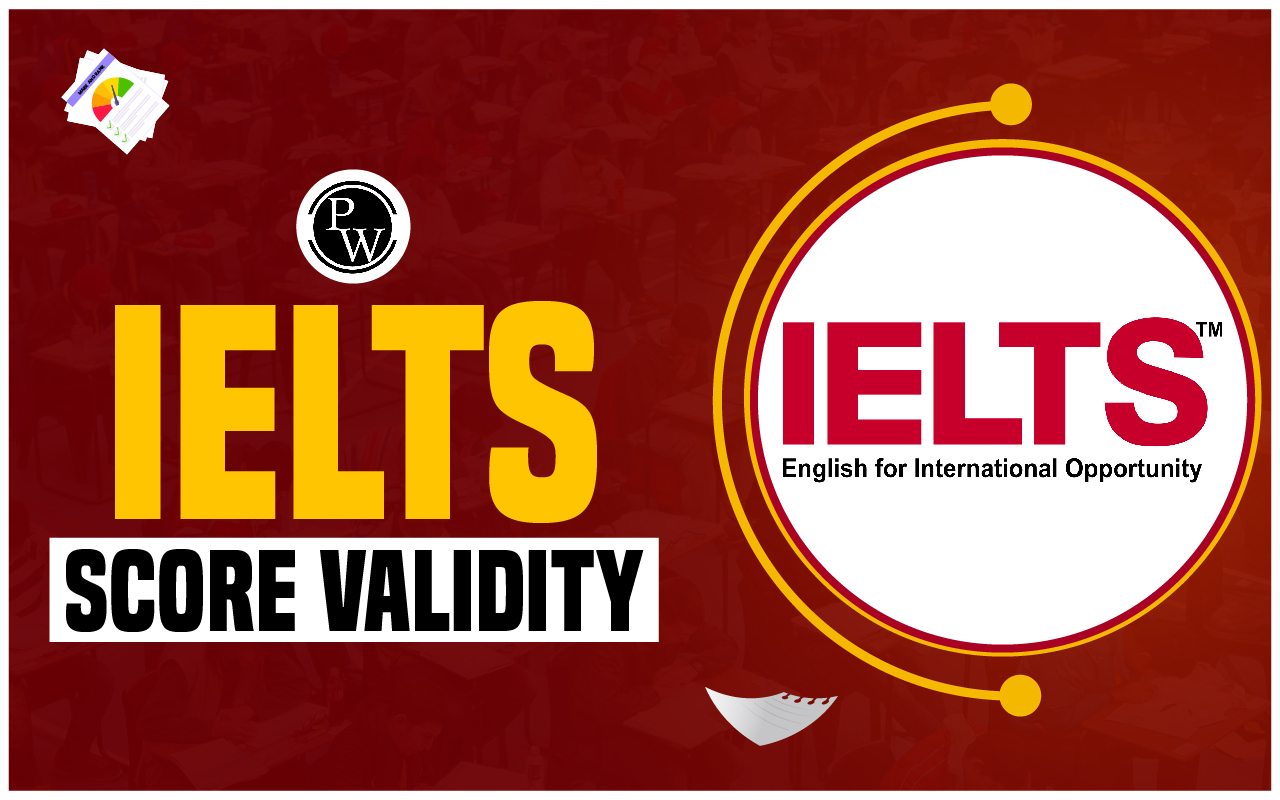Cost of Living in Germany:
Germany has become a top destination for international students due to its world-class education system, affordable tuition fees, and vibrant cultural scene. However, understanding the
cost of living in Germany
is essential for students planning to study there. From accommodation and food to transportation and health insurance, managing expenses effectively can make your stay stress-free and enjoyable.
The
cost of living in Germany for international students
varies based on the city, lifestyle, and individual preferences. Cities like Munich and Frankfurt tend to be more expensive, while smaller cities such as Leipzig or Heidelberg offer more affordable living options. Here we will break down the typical expenses students can expect, providing tips on budgeting to help you make the most of your experience in Germany.
What is IELTS Exam?
IELTS For Germany
Why Should I Choose Germany?
Germany is not just a country; it’s an experience. Here are a few reasons why so many people choose to live, work, or study here:
-
Affordable Quality Education
: Most public universities in Germany offer tuition-free education or charge minimal fees, making it a popular choice for international students.
-
High Standard of Living
: With excellent healthcare, efficient public transportation, and safe cities, Germany offers a high quality of life.
-
Booming Job Market
: Skilled professionals are in demand, with Germany projecting a need for three million workers by 2030.
-
Diverse Cultural Scene
: From the Berlin Wall to Bavarian festivals, Germany’s culture is a fascinating mix of history and modernity.
Cost of Living in Germany Overview
Your monthly expenses will depend significantly on your location and lifestyle. Here’s an overview of typical costs:
|
Category
|
Estimated Monthly Cost
|
|
Accommodation
|
€350–€900 (INR 32K–81K)
|
|
Food
|
€200–€300 (INR 18K–27K)
|
|
Transportation
|
€49–€100 (INR 4.5K–9.1K)
|
|
Health Insurance
|
€110–€200 (INR 10K–18K)
|
|
Miscellaneous (Entertainment, Utilities, etc.)
|
€150–€300 (INR 13K–27K)
|
German Universities Accepting IELTS Band 6
Accommodation Costs in Germany
Housing is likely to be your biggest expense. The cost varies depending on the type of accommodation and the city you live in.
|
Type of Accommodation
|
Average Monthly Rent
|
|
University Dormitory
|
€350–€500 (INR 32K–45K)
|
|
Shared Apartment (WG)
|
€240–€490 (INR 22K–45K)
|
|
Private Apartment
|
€700–€900 (INR 63K–81K)
|
Countries Accepting IELTS Score
City-Wise Accommodation Costs
|
City
|
Monthly Rent (Private Apartment)
|
|
Berlin
|
€900–€1,200 (INR 82K–1.1L)
|
|
Munich
|
€1,200–€1,500 (INR 1.1L–1.4L)
|
|
Frankfurt
|
€870–€1,200 (INR 80K–1.1L)
|
|
Hamburg
|
€758–€1,000 (INR 69K–90K)
|
|
Leipzig
|
€500–€700 (INR 45K–63K)
|
German IELTS Exam Score
Food Costs in Germany
Germany offers a mix of affordable and gourmet dining options. Cooking at home is generally cheaper than eating out. Budget-friendly supermarkets like Lidl, Aldi, and Edeka are popular among residents.
|
Item
|
Average Cost
|
|
Milk (1L)
|
€1 (INR 90)
|
|
Bread (Loaf)
|
€2 (INR 181)
|
|
Rice (1 kg)
|
€3 (INR 272)
|
|
Chicken (1 kg)
|
€13 (INR 1.2K)
|
|
Eggs (12)
|
€3 (INR 272)
|
|
Meal at a Budget Restaurant
|
€8–€15 (INR 720–1.3K)
|
Tips for Saving on Food:
-
Shop at discount supermarkets like
Aldi
,
Lidl
, or
Penny.
-
Look for farmer’s markets for fresh produce at lower prices.
-
Utilize student canteens (Mensa) for affordable meals on campus.
Transportation Costs in Germany
Germany boasts an efficient and affordable public transportation system, including buses, trains, and trams. Many cities offer discounted student passes.
|
Mode of Transport
|
Estimated Monthly Cost
|
|
Public Transport Pass
|
€49–€100 (INR 4.5K–9.1K)
|
|
Taxi (Per Ride)
|
€4.5 (INR 408)
|
|
Bike Rentals
|
€20–€30 (INR 1.8K–2.7K)
|
Tips for Affordable Travel:
-
Student Discounts:
Many cities offer reduced fares for students.
-
Monthly Passes:
Investing in a public transport pass can save you money if you commute regularly.
-
Bike Rentals:
Germany is bike-friendly, and rentals are often affordable.
Healthcare Costs in Germany
Health insurance is mandatory in Germany. Costs depend on whether you choose public or private insurance.
|
Insurance Type
|
Monthly Cost (in €)
|
Monthly Cost (in INR)
|
|
Public Insurance
|
100–120
|
9,100–10,900
|
|
Private Insurance
|
150–200
|
13,600–18,000
|
Key Insight:
Students under 30 can avail themselves of subsidized rates for public health insurance, making it the preferred option.
Miscellaneous Costs
This includes entertainment, utilities, mobile phone plans, and more.
|
Category
|
Average Monthly Cost
|
|
Utilities
|
€150–€300 (INR 13K–27K)
|
|
Mobile/Internet Plans
|
€30–€50 (INR 2.7K–4.5K)
|
|
Entertainment
|
€50–€100 (INR 4.5K–9K)
|
How to Reduce Living Costs in Germany?
Here are some practical tips to help you reduce living costs in Germany and maximize your savings.
-
Choose Affordable Accommodation
: Consider shared flats or student dormitories to save on rent.
-
Cook at Home
: Shop at discount supermarkets and cook meals to cut down food expenses.
-
Use Public Transport
: Monthly passes offer great value for students and daily commuters.
-
Leverage Student Discounts
: From transportation to museum tickets, student discounts can help you save.
Scholarships to Ease the Cost of Living in Germany
Although Germany is relatively more affordable than other Western countries like the USA (13.5% more expensive), the UK (6.8% more expensive), or Ireland (17.9% more expensive), it may still seem costly for students coming from different financial backgrounds.
If studying in Germany is your dream, the cost of living could feel like a hurdle. However, there’s a bright side:
scholarships can significantly ease the financial burden
and make studying in Germany more accessible.
These scholarships not only cover tuition fees but often also contribute to living expenses, allowing you to focus on your studies rather than financial worries. Whether you’re studying in the bustling city of Berlin or the culturally rich Munich, scholarships can help balance the cost of living across various German cities. Here’s a breakdown of some notable scholarships for international students:
|
Scholarship Name
|
Offered By
|
Benefits (Lump Sum)
|
|
Unimoni Student Stars Scholarship
|
Unimoni India
|
₹3L
|
|
TUM Scholarships for International Students
|
Technical University of Munich
|
₹45K–₹1.6L (€500–€1,800)
|
|
Hani Zeini Scholarship
|
Hani Zeini
|
₹84K ($1,000)
|
|
QS Undergraduate Scholarship
|
QS ImpACT!
|
₹4.2L ($5,000)
|
|
SC2 Undergraduate Scholarship
|
Center for Cyber Safety and Education
|
₹84K–₹4.2L ($1,000–$5,000)
|
IELTS Test Report Form
How Scholarships Make a Difference
-
Covering Tuition and Living Expenses:
Many scholarships provide a lump sum that helps offset rent, food, and transportation costs.
-
Opportunities for All:
Scholarships are available for students from diverse fields, making them accessible for a wide range of academic pursuits.
-
City-Specific Relief:
Depending on where you study, scholarships can help mitigate the cost of living in high-demand cities like Munich or Frankfurt.
By applying for these financial aids, you can transform your study abroad experience into an affordable, enriching journey in Germany.
Top 10 High-Paying Jobs in Germany
Germany is not only an affordable place to live and study but also ranks as the
15th most peaceful country in the world
, according to the Global Peace Index. Beyond its lifestyle appeal, Germany offers lucrative career opportunities for professionals in various fields.
From medicine to technology, many high-paying professions in Germany reward both expertise and dedication, making the country an excellent destination for building a financially secure and rewarding future. Here's a detailed look at some of the highest-paying jobs in Germany and their potential salaries.
|
Job Title
|
Average Annual Salary (in €)
|
Average Annual Salary (in INR)
|
|
Software Architect
|
€40,000–€60,000
|
₹36L–₹54L
|
|
Product Engineer
|
€80,000–€85,000
|
₹72L–₹77L
|
|
Doctor/Surgeon
|
€93,000–€150,000
|
₹84L–₹1.36Cr
|
|
Management Consultant
|
€70,000–€75,000
|
₹63L–₹68L
|
|
Data Scientist
|
€70,000–€83,000
|
₹63L–₹75L
|
|
Neuroscientist/Biotechnologist
|
€69,000–€85,000
|
₹62L–₹77L
|
|
Pilot
|
€70,000–€83,000
|
₹63L–₹75L
|
|
Legal Consultant
|
€70,000–€78,000
|
₹63L–₹71L
|
|
Project Manager
|
€60,000–€70,000
|
₹54L–₹63L
|
|
Actuary
|
€70,000–€75,000
|
₹63L–₹68L
|
Why These Careers Stand Out
-
Medicine:
Doctors and surgeons top the list with unmatched financial rewards, reflecting their expertise and the critical nature of their work.
-
Technology:
Software architects, data scientists, and product engineers play vital roles in Germany’s tech-driven economy, earning substantial salaries.
-
Consulting & Management:
With their expertise in strategy and operations, management consultants and project managers command high pay packages.
-
Specialized Fields:
Professions like actuaries, neuroscientists, and pilots demand niche skills, ensuring excellent financial growth.
Investing in these career paths can lead to impressive financial and professional rewards, making Germany an ideal place to both live and work.
Whether you’re planning to study, work, or settle in Germany, the country promises a rewarding journey filled with growth and discovery. Happy budgeting!
PW ILETS Course
Physic Wallah's
IELTS online coaching
helps simplify the learning process with a systematic study schedule. IELTS coaching for academic and general training is available from PW Experienced teachers.
Recorded lectures for every subject, private lessons for clearing up doubts, daily practice problems, etc. are all included in these courses. Students must participate in PW's IELTS coaching to get a band score of 8 or above on the IELTS exam.











